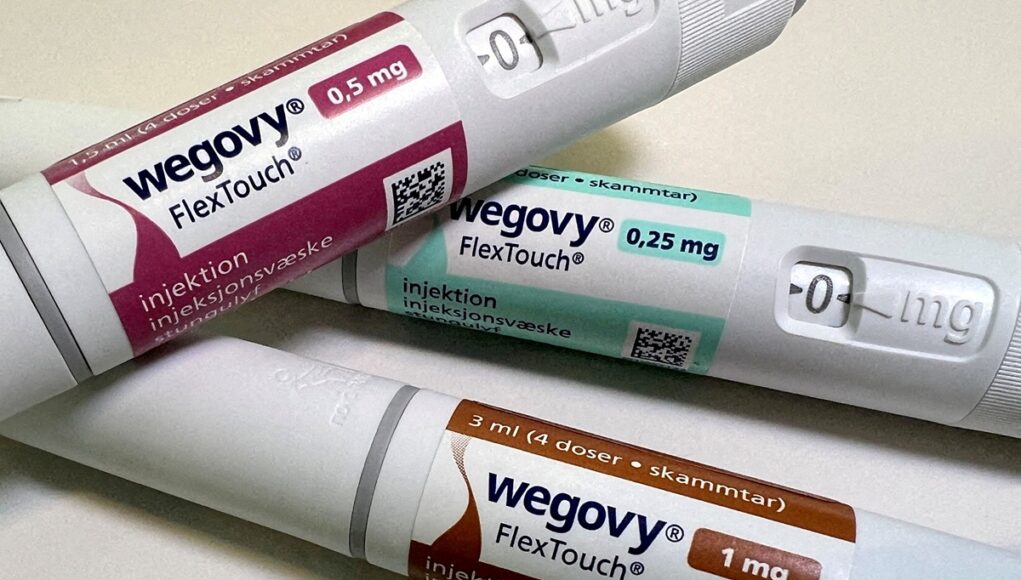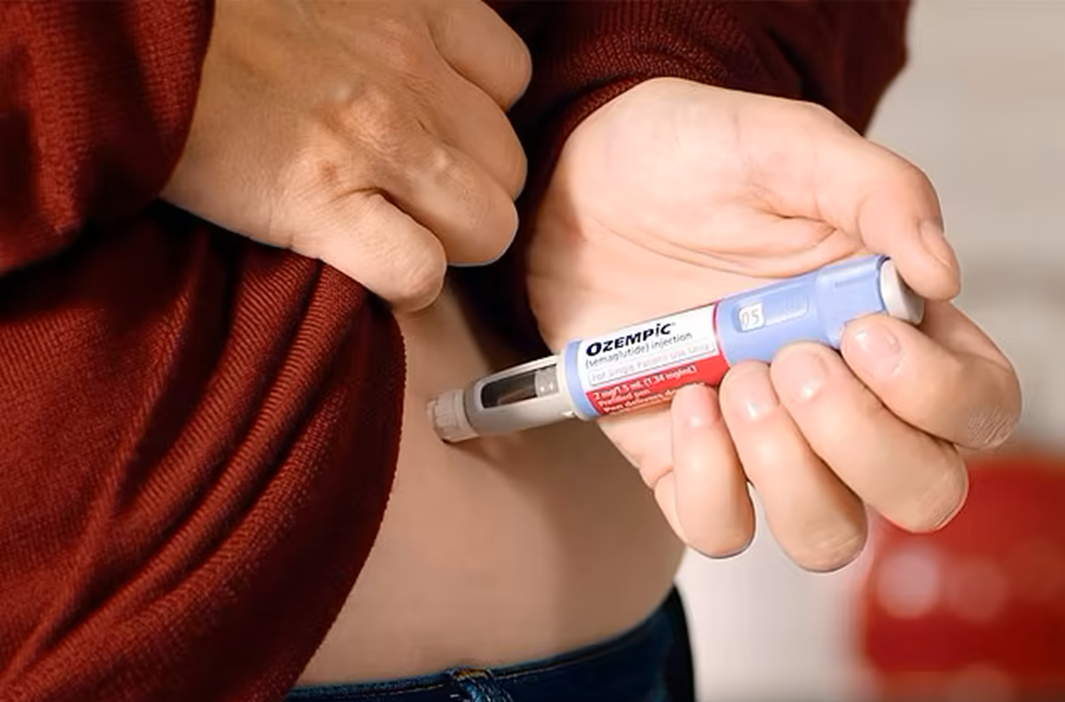Do Fat-Burning Injections Work?
Fat-burning injections are marketed as a fast solution for weight loss — but do they actually work? And if so, which ones are effective and safe?
This article breaks down what fat loss injections are, how they’re supposed to work, and whether they’re worth considering as part of your fitness plan.
What Are Fat-Burning Injections?
Fat-burning injections are substances injected into the body with the goal of accelerating fat loss. These can include:
- Lipotropic injections (e.g., B12 + MIC: methionine, inositol, choline)
- HCG injections (human chorionic gonadotropin)
- Prescription weight-loss medications (e.g., semaglutide, liraglutide)
- Mesotherapy and Kybella (targeted fat reduction)
Each of these works differently. Some aim to boost metabolism, others reduce appetite, and some are designed to break down localized fat deposits.
Do Fat-Burning Injections Actually Work?
It depends on the type. Let’s look at the major categories and what the science says.
Lipotropic Injections (B12 + MIC)
What they are: A mix of compounds — typically B12, methionine, inositol, and choline — thought to help the liver process fat more efficiently.
Claim: Boost fat metabolism, increase energy, support liver detox.
Reality:
- There’s no strong evidence these injections directly cause fat loss.
- B12 can improve energy in people who are deficient, but this doesn’t automatically translate to weight loss.
- MIC components may support liver function but don’t significantly alter body fat.
Verdict: Mostly hype. These injections won’t hurt, but they won’t dramatically change your body composition unless combined with diet and exercise.
HCG Injections (Human Chorionic Gonadotropin)
What it is: A hormone produced during pregnancy. HCG diets pair injections with extreme calorie restriction (typically 500–800 calories/day).
Claim: Suppresses hunger and promotes fat loss instead of muscle loss.
Reality:
- Weight loss comes from severe calorie restriction, not the HCG itself.
- Multiple studies show HCG offers no advantage over placebo.
- The FDA has issued warnings about over-the-counter HCG products, calling them illegal and ineffective.
Verdict: Not worth it. The diet is unsustainable and potentially unsafe. HCG adds no proven benefit.
Prescription Injections for Fat Loss
These are the only fat loss injections backed by clinical research and approved by health authorities.
✅ Semaglutide (Ozempic, Wegovy)
- Originally for type 2 diabetes; now used for weight loss.
- Mimics a hormone (GLP-1) that slows digestion, reduces appetite, and improves blood sugar control.
- Can lead to 10–15% body weight reduction over several months.
✅ Liraglutide (Saxenda, Victoza)
- Works similarly to semaglutide, but requires daily injections.
- Produces weight loss of 5–10% over time, depending on dosage and consistency.
Verdict:
These medications do work, especially in people with obesity or metabolic disorders. They’re best used short-term alongside lifestyle changes (strength training, healthy eating) — not as a standalone fix.
Kybella (Deoxycholic Acid)
What it is: An FDA-approved injectable that destroys fat cells — primarily used under the chin (for “double chin” reduction).
Claim: Permanently removes small pockets of fat without surgery.
Reality:
- Works only for small, localized areas — not for total body fat loss.
- Requires multiple sessions and may cause swelling, bruising, or discomfort.
Verdict: Effective for spot-reduction, not for overall weight loss. More of a cosmetic tool than a fitness solution.
Are Fat Loss Injections Safe?
That depends entirely on the type:
- Prescription GLP-1 injections (semaglutide, liraglutide): Generally safe under medical supervision. Side effects include nausea, constipation, and occasional digestive issues. Rare risk of pancreatitis.
- HCG and unregulated lipotropics: Riskier, less effective, often sold without oversight.
- Kybella: Safe for cosmetic use, but requires a trained professional to avoid nerve damage or uneven results.
Always consult a doctor. Avoid DIY fat-burning injections or anything sold without medical oversight.
What’s the Best Fat Loss Injection?
If we’re talking real-world fat loss backed by evidence, the answer is clear:
🔥 Best Overall: Semaglutide (Wegovy, Ozempic)
- Significant, clinically proven fat loss over time
- Reduces appetite and food cravings
- Used in medically supervised weight management programs
But here’s the catch:
Even semaglutide doesn’t work without effort. It supports weight loss — it doesn’t replace the fundamentals of calorie control, exercise, and consistency.
Are Injections Necessary to Burn Fat?
No. You can achieve lasting fat loss with a solid plan:
- Track your calories and aim for a moderate deficit (300–500/day)
- Strength train 3–5x/week to preserve muscle
- Walk 8,000–12,000 steps/day for low-impact fat burning
- Prioritize protein in every meal (1.6–2.2g per kg of body weight)
- Sleep well and manage stress to keep hormones balanced
Fat-loss injections might help in some situations, but they’re never the main driver of results.
Who Might Consider Fat-Burning Injections?
You might consider medically supervised injections like semaglutide if:
- You’re clinically obese (BMI 30+) or overweight with other health issues
- You’ve struggled with appetite control or binge eating
- You’re already working out and eating well but need extra help
Avoid injections entirely if you’re just looking for a shortcut or quick aesthetic fix.
Final Take: Should You Use Fat-Burning Injections?
Most “fat-burning” injections are overhyped or under-regulated. Lipotropics and HCG offer little proven benefit. Kybella works, but only for very targeted cosmetic purposes.
If you’re serious about fat loss and working with a healthcare provider, prescription medications like semaglutide or liraglutide can provide real results — but only as part of a well-rounded fitness and nutrition plan.
No injection replaces hard work, a smart diet, and consistent training. Use injections as a tool — not a crutch.








